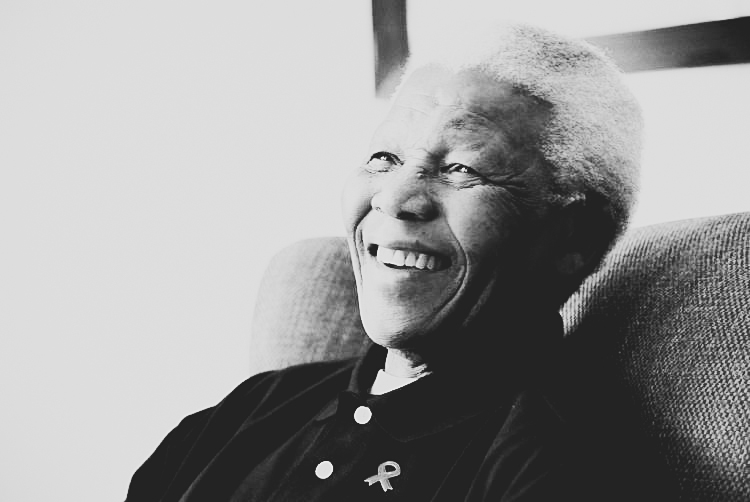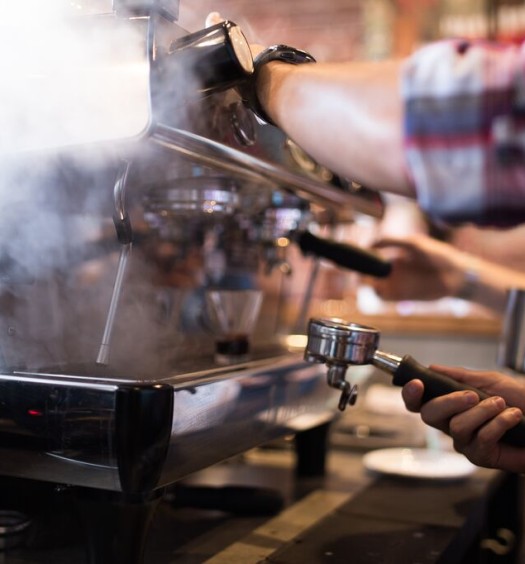Mandela: A Symbol of Passion, Service and Strength
“When a man has done what he considers to be his duty to his people and his country, he can rest in peace. I believe I have made that effort and that is, therefore, why I will sleep for the eternity.” — Nelson Mandela
June 18 would have been Nelson Mandela’s 97th birthday. The acclaimed civil rights activist, Nobel Peace Prize-winner and former South African president dedicated his life to serving others and fighting against social injustices. So, every June 18, Madiba — his Xhosa clan name — is remembered as one of the most fearless and selfless leaders in history, and his legacy is honored through public service on Mandela Day.
So who was Nelson Mandela?
Mandela dove head first into activism in his twenties, joining the African National Congress (ANC) in 1944. He worked against racial discrimination, and then, fighting against apartheid — South Africa’s system of racial segregation — which was implemented in 1948.
In the ANC, Mandela mobilized the country’s young people by creating the ANC Youth League. He continued to organize strikes and other forms of nonviolent protest and in 1955, promoted the Freedom Charter. The charter was made up of “freedom demands” that ANC collected from South Africans across the country to demand equal rights for all people in South Africa.
Mandela and 155 other activists were arrested for treason in 1956 and later acquitted in 1961, but afterward, the more militant ANC members split off to form the Pan Africanist Congress (PAC). Political tensions continued to rise and after the 1961 Sharpeville Massacre in which police killed 69 unarmed protesters, the ANC as well as the (PAC) were banned.
Mandela was arrested a number of times for his activism, but his most well-known imprisonment was at Robben Island — a prison encompassing an island outside of Cape Town that housed those charged with political crimes. After the infamous Rivonia Trial, Mandela spent 18 of 27 imprisoned years at Robben Island on charges of sabotage, treason and violent conspiracy. During that time, he led nonviolent resistance movements against the unfair treatment of prisoners and was also able to smuggle political statements, as well as his autobiography, out to support the movement.
Mandela was released in 1990 after the ban on the ANC and PAC was lifted. He won the Nobel Peace Prize in 1993 and became South Africa’s first democratically elected president in 1994. He continued his selfless work for other people until his passing in 2013.
How can I get involved?
Although Mandela may be gone, his legacy certainly remains. Here are four areas in which you can celebrate Mandela Day every day, recommended by the Nelson Mandela Foundation:
01 | FOOD SECURITY
With the belief that all people should have access to “sufficient, safe and nutritious foods,” consider helping at a food bank or collecting donations for a food drive.
02 | EDUCATION & LITERACY
To instill the importance of literacy and education, teach a group of children something new.
03 | SHELTER & INFRASTRUCTURE
Help out at a homeless shelter or work with a local organization that builds home for those without one.
04 | SERVICE & VOLUNTEERISM
Like Mandela, be a public servant. Volunteer with the organization of your choice.
For more information on Mandela Day and how you can join its community of changemakers, visit www.mandeladay.com.




